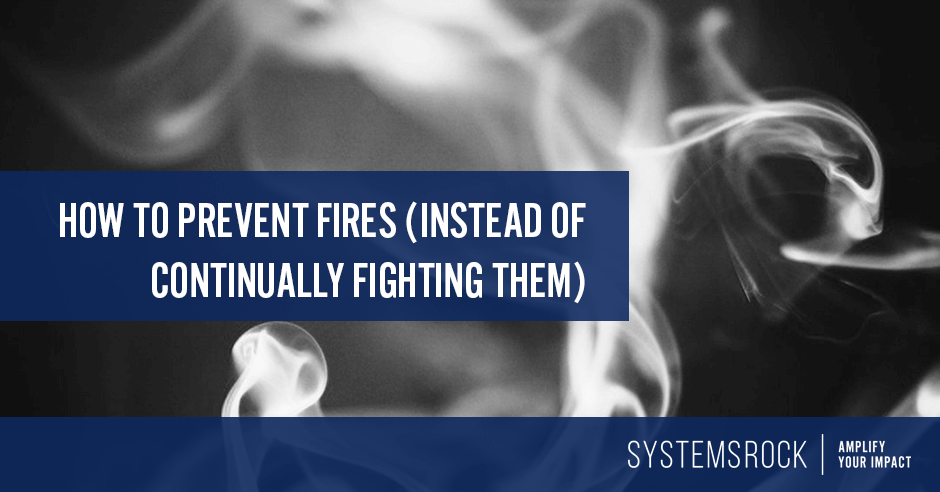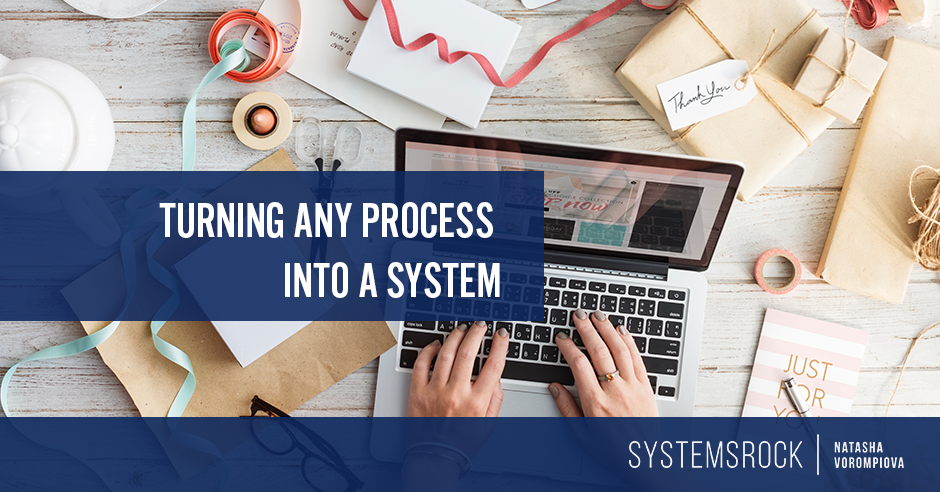
by Natasha | Oct 15, 2017 | Manage Profitably, Optimize Your Business
I don’t think anyone wants to micromanage their team. We want to trust our team members to deliver results. But, it is challenging to do this when the value we create for our clients is at stake. So we micromanage, checking and double checking progress and trying to control the results. We become frustrated – and so do the members of our team. There’s a way to break this cycle.

by Natasha | Oct 8, 2017 | Manage Profitably, Optimize Your Business
From customer service situations and problems with products or services to mistakes, mis-steps, and arguments between team members – managing your business can feel like a constant battle. It doesn’t have to be this way. You can prevent fires from igniting. Take a look at these tips and see what we can learn about preventing fires and managing profitably.

by Natasha | Oct 1, 2017 | Manage Profitably, Optimize Your Business
If you’re exhausted by operations – and find yourself just as busy (or maybe even busier) than you were before adding a team – you likely have one of three problems. And these problems are affecting more than just your energy level. They are creating problems for your team members as well.

by Natasha | Jul 2, 2017 | Optimize Your Business, Organizational Tips
Scaling your business isn’t the same as growing it. When you’re in the early stages of life as an entrepreneur, the terms “growing” and “scaling” can seem interchangeable. They both involve more clients and more sales and more revenue, right? And when you’re just trying to find clients the difference doesn’t seem to matter. But once your systems are in place and things are running smoothly, it’s time to change the way you think about things and gather some new information.

by Natasha | Jun 4, 2017 | Optimize Your Business, Productivity
You don’t have to be “good at systems” to create them. In fact, you have already created several systems in your business, even though you might not realise it yet…

by Natasha | May 7, 2017 | Delegation Fundamentals, Optimize Your Business
Last time we talked about creating an “ecourse” about your business. I suggested you think about your systems in terms of “lessons” and organize them into business areas, i.e., modules. This way you can simply identify the systems you currently use, put together simple documentation for them, and fill in the gaps in a manner that makes the most sense for you and your business. But what if you didn’t stop there?







